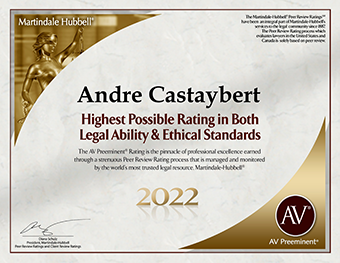Drafting the Settlement Agreement in Mediation
February 22, 2024
Most mediations conclude with a settlement agreement, which may be oral or written, binding or non-binding, based on the parties’ commitment levels. Typically, a binding written agreement, a legally enforceable contract, is produced, signed by all parties, their counsel, and if pertinent by relevant insurers. Oral agreements are discouraged due to potential legal insufficiency and difficult enforcement. A non-binding written agreement, or a “memorandum of understanding,” may have no legal effect.
Lawyers usually draft settlement agreements, with one party’s attorney taking the lead if the parties are represented by counsel. Mediators, sometimes do draft agreements with the parties and may offer guidance during the drafting process but should not introduce new terms (and are prohibited from doing so in some jurisdictions).
A settlement agreement should include:
- Full name of the parties;
- Effective date of the agreement;
- Reference to the transaction or conflict;
- Clear delineation of parties’ duties and responsibilities;
- Details of any payments, including payer, payee, amount, timing, and form;
- If applicable, reference by caption and docket number to litigation dismissed as consequence of mediated agreement; and
- Signatures of the parties.
When drafting a settlement agreement, counsel should:
- Define the document’s scope, purpose, legal status, enforcement, and monitoring.
- Write in plain English, using clear language and defining terms with special meaning.
- Organize content logically with headings, subheadings, and transitions.
- Address potential contingencies and risks like non-compliance or breach consequences, dispute resolution procedures, modifications, termination, or expiration.
- Thoroughly review and revise the draft.
- Confirm the agreement.
Given the range of permitted, authorized, or prohibited settlement drafting practices in mediation, it is essential for mediators and attorneys representing clients to review the rules of the jurisdiction.
To read how Castaybert PLLC can assist you with mediation, click here.










